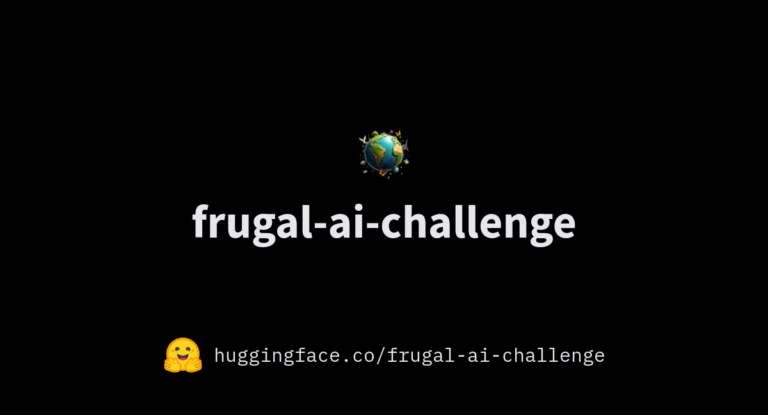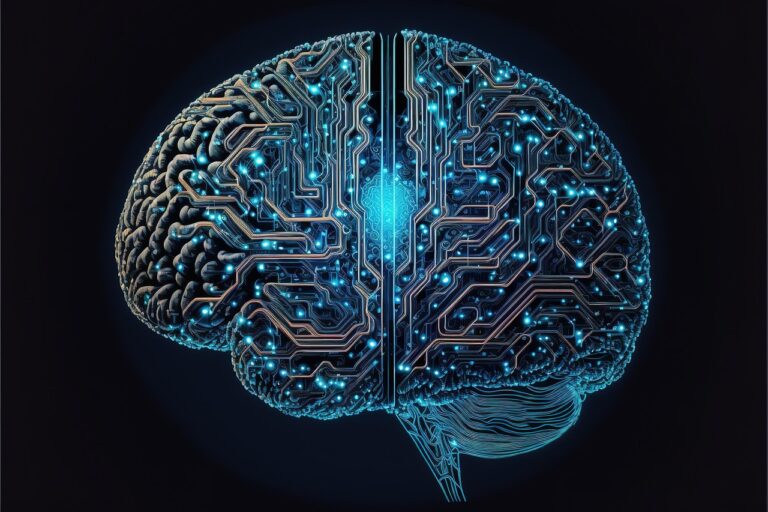Access to environmental
knowledge through Gen AI
A first exploratory workshop on “Access to environmental knowledge through generative AI” addressed the challenges of transforming unstructured environmental documentation into accessible, structured knowledge for feeding Generative AI agents while tackling ethical and technical concerns, such as biases and inconsistencies. Follow-up discussions will help further explore those challenges and opportunities.
The implementation of generative AI systems can enable more equitable access to environmental knowledge. To explore ways to improve this access, a workshop was convened and brought together the United Nations Environment Programme (UNEP), the Senckenberg Society for Nature Research (which hosts the IPBES Data and Knowledge Technical Support Unit), the University of Paris-Saclay (which hosts the IPCC Working Group I Technical Support Unit), the World Meteorological Organization, the OECD and UNESCO, as well as INRIA, the Ecolab of the General Commission for Sustainable Development, Cerema, ADEME, researchers and companies.
The objective is to improve access to environmental information through the development of good practices using generative AI. This working group met ahead of the Summit in Paris at the Ministry of Ecological Transition, with the aim of continuing its efforts over the long term.
This initiative responds to a major challenge: AI can help ensure ethical and equitable access to environmental knowledge. Today, scientific, governmental and specialized environmental documentation is mainly concentrated in the knowledge centers of national and international institutions, stored in very long PDF files. They contain essential details, such as graphs, tables, images, figures, texts, critical metadata. However, the richness of the information contained, its format or size limit its many obstacles to the appropriation of this information by the public. Generative AI, through conversational agents, offers a mediation interface that democratizes access to this knowledge. However, an effective and ethical use of these generative AI tools is not immediate.
Discussions focused on technical challenges (interoperability, taxonomy, sharing protocols, etc.), ethical issues (bias of AI models, consistency of sources, relationship to knowledge, etc.) and practical uses for researchers, decision-makers and citizens. This workshop is paving the way for further discussions aiming at sharing best practices and community recommendations to facilitate better accessibility and use of environmental knowledge thanks to advances in AI.
Meetings
February 7, 2025: 1st meeting at the French Ministry of Environment, ahead of the AI Action Summit








